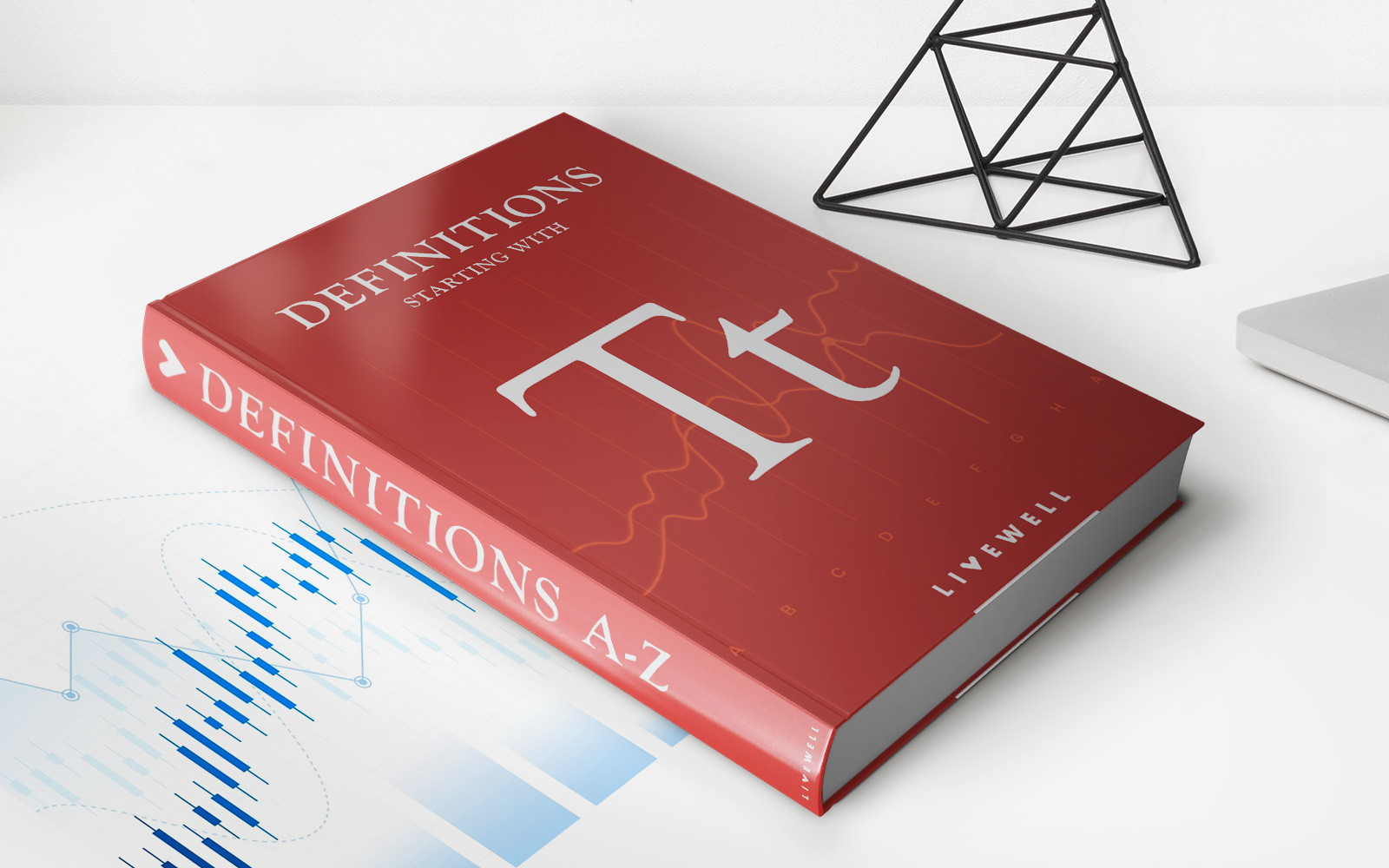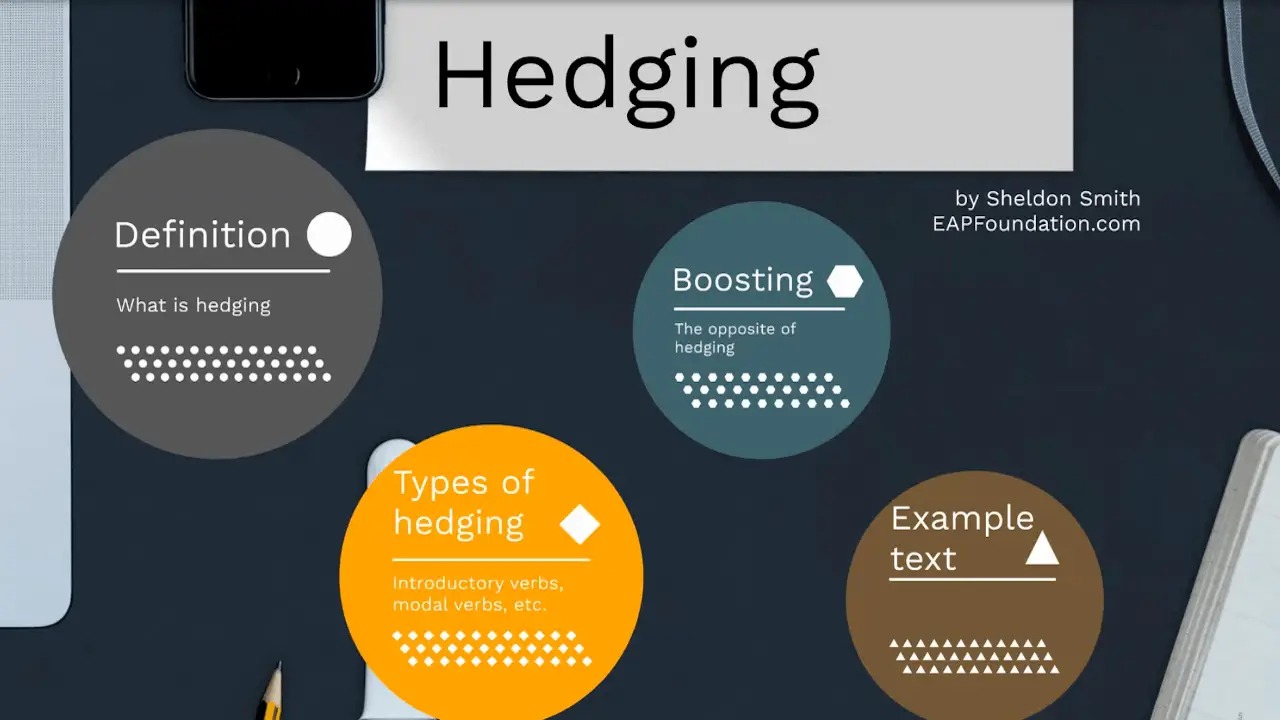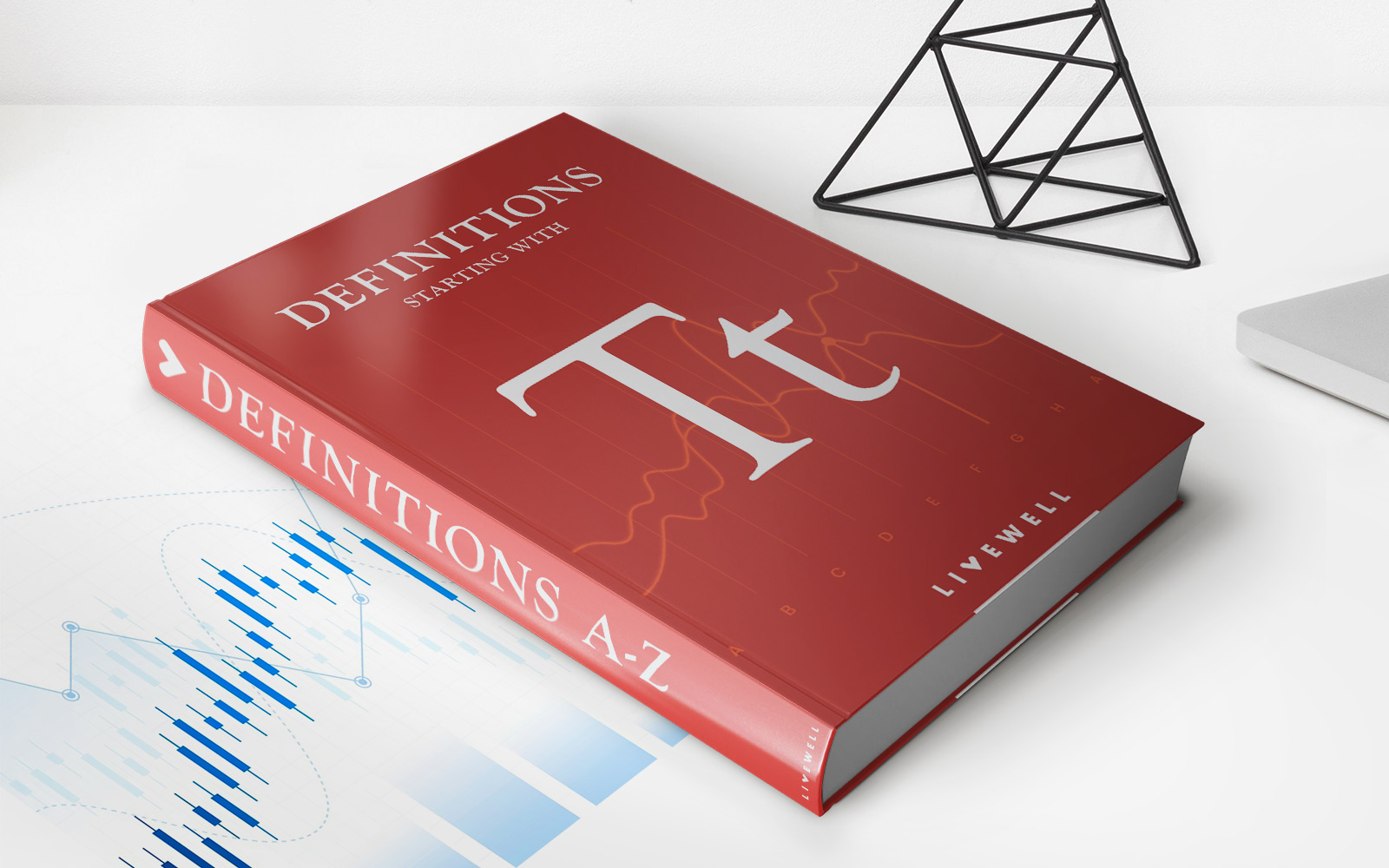

Finance
Accounting For Photographers: Important Tips
Published: March 8, 2024
Discover essential accounting tips for photographers to manage finances and grow their business effectively.
(Many of the links in this article redirect to a specific reviewed product. Your purchase of these products through affiliate links helps to generate commission for LiveWell, at no extra cost. Learn more)
Table of Contents
For photographers, the journey from taking amazing pictures to turning them into a sustainable business demands a comprehensive understanding of photography business expenses and income. This is what determines the longevity and success of the photography business.
This article delves into the basic financial intricacies of photographers from the point of view of accounting. It includes tips on navigating through financial management, selecting the best accounting software for photographers, and possibly consulting with a CPA for photographers to solidify your enterprise’s financial basis.
Demystify the accounting aspects, ensuring your creative vision remains clear and focused while your finances are securely managed and optimized.
Photography Business Expenses
Categorizing your expenses is pivotal for tracking your money effectively. It eases navigation through the financial maze and simplifies the process of taxing. Divide your expenses into clear categories. For instance:
- Equipment and props
- Renting a studio
- Software subscription (ecommerce photo editing software included)
- Expanding knowledge base and gaining experience (courses, lectures, guidebooks, business trips, etc.)
- Staff (as your business grows, it becomes harder to navigate it alone)
- Marketing, etc.
This clarity will give you insights on how to make your business more profitable and efficient by reducing overheads without compromising quality. Learn to make smart choices. Rent a costful gear required for a specific project instead of buying it. Learn to work with free online options before permanently sticking to the most convenient programs; explore their pricing options and subscription models in advance, and do not neglect free trial periods.
When we speak about software for photographers, we mean more than image post-processing tools. There are computer programs to help you navigate your finances, and we will cover them below.
Accounting Software
Modern accounting programs simplify financial management, providing automated tracking, invoicing, and reporting. These digital solutions minimize manual errors and provide valuable insights into your business’s economic performance. Here are some accounting software options for you to choose from:
QuickBooks Online
QuickBooks Online is renowned for its comprehensive features. It includes robust expense tracking, invoicing, and financial reporting. The program offers integration with a multitude of apps and services, including ecommerce platforms.
However, the learning curve may be steep for inexperienced accountants. Higher-tier plans, necessary for some of the more advanced features, are far from budget-friendly, especially for small businesses.
FreshBooks
FreshBooks is a perfect software for beginners taking their first steps into accounting. The program’s intuitive interface and reliable customer support. Its project-based accounting is suitable for working with many different assignments. It means you can track expenses and time for every project separately.
FreshBooks’ capabilities might be limited for scaling businesses, especially those needing more complex accounting solutions. The software’s compatibility is questionable; third-party apps may be required to integrate it into your workflow.
Xero
Xero offers a robust cloud-based accounting solution with strong inventory management features, including payroll processing for expanding enterprises. The price of the software is compatible. However, Xero’s interface may pose learning challenges. The reporting capabilities are limited.
Wave
This software is free, which makes it a perfect option for small businesses with limited budgets and freelance photographers incapable of big investments. It covers basic needs such as invoicing, expense tracking, and financial reporting without the added expense. The platform is easy to use and straightforward, perfect for beginners.
However, Wave’s features are more limited compared to paid alternatives. For instance, there is no inventory tracking. Advanced reporting capabilities are also absent. Integrating this program into your workflow may pose additional challenges.
Bookkeeping Tips for Photographers
Implementing daily bookkeeping habits, such as recording transactions, tracking photography business expenses, and reviewing cash flow, can prevent financial information from becoming overwhelming. Regularly updating your books can give you a real-time view of your financial health.
A thorough understanding of taxes and available deductions can significantly lower your tax liability. Knowing how to deduct specific expense categories will save time, money and effort. Keeping abreast of tax law changes ensures you are not missing out on new deductions or credits applicable to your business.
Financial planning is critical for any business’s growth and sustainability. For photographers, this means setting aside funds for equipment upgrades, saving for slow periods, and investing in marketing or expansion efforts. Effective financial planning also includes setting up an emergency fund, ensuring that your business can weather financial storms.
Review and adjust your pricing structures. Consider your direct costs, market demand, competition, and overall business goals. Regular adjustments reflect the value of your work.
Invest in your financial education. Continuously enhancing your financial literacy can dramatically impact your business’s success. Whether through online courses, workshops, or reading up on the latest financial management practices, staying informed empowers you to make smarter financial decisions. This knowledge not only aids in day-to-day bookkeeping but also in long-term financial planning and strategy.
Consider hiring a certified public accountant (CPA). Whether it is navigating complex tax scenarios, planning for business growth, or managing significant financial decisions, a CPA can give you professional recommendations on increasing your business’s profitability.
The next section delves into the potential benefits of hiring a CPA and what factors to consider when you seek a specialist to manage your finances.
The Role of a CPA in Your Photography Business
A certified public accountant (CPA) can offer tailored advice on tax planning, helping you leverage tax deductions specific to photography businesses, ultimately saving you money. Accountants play a critical role during financial audits, ensuring compliance. They provide the necessary documentation and explanations for your business expenses and income.
As your business grows, a CPA can offer strategic financial planning services. Professional financial advice from a CPA can illuminate areas for growth and efficiency within your business. They provide recommendations on optimizing or eliminating certain categories of expenses. They can also assist in setting up financial systems and processes, ensuring you are not only compliant with current tax laws but also positioned well for financial success.
Engage with a CPA who has experience with creative businesses, particularly in the photography sector. To manage your finances effectively, they should be familiar with the industry-specific challenges (software costs, equipment depreciation, etc.).
Consider that CPA services usually cost a lot. Ensure the investment is reasonable. The challenge lies in finding a CPA who understands the unique needs and difficulties of the photography industry. It requires time and research; no need to hurry. It is important to ensure that any potential CPA’s expertise aligns with your specific business needs and goals.
Conclusion
By understanding and managing your photography business expenses effectively, you are protecting your business and setting a stage for its future success.
Choosing the right accounting software simplifies the mundane tasks of financial management and provides strategic insights for informed decisions.
Implementing practical bookkeeping tips can help photographers not only manage their current financial situation more effectively but also lay the groundwork for future success. From daily financial habits to strategic tax planning and long-term financial goals, each step towards better financial management is a step towards a more stable and profitable photography business.
Incorporating the expertise of a CPA into your photography business gives you peace of mind regarding financial compliance and tax savings. CPAs provide strategic insights to help your business thrive.














